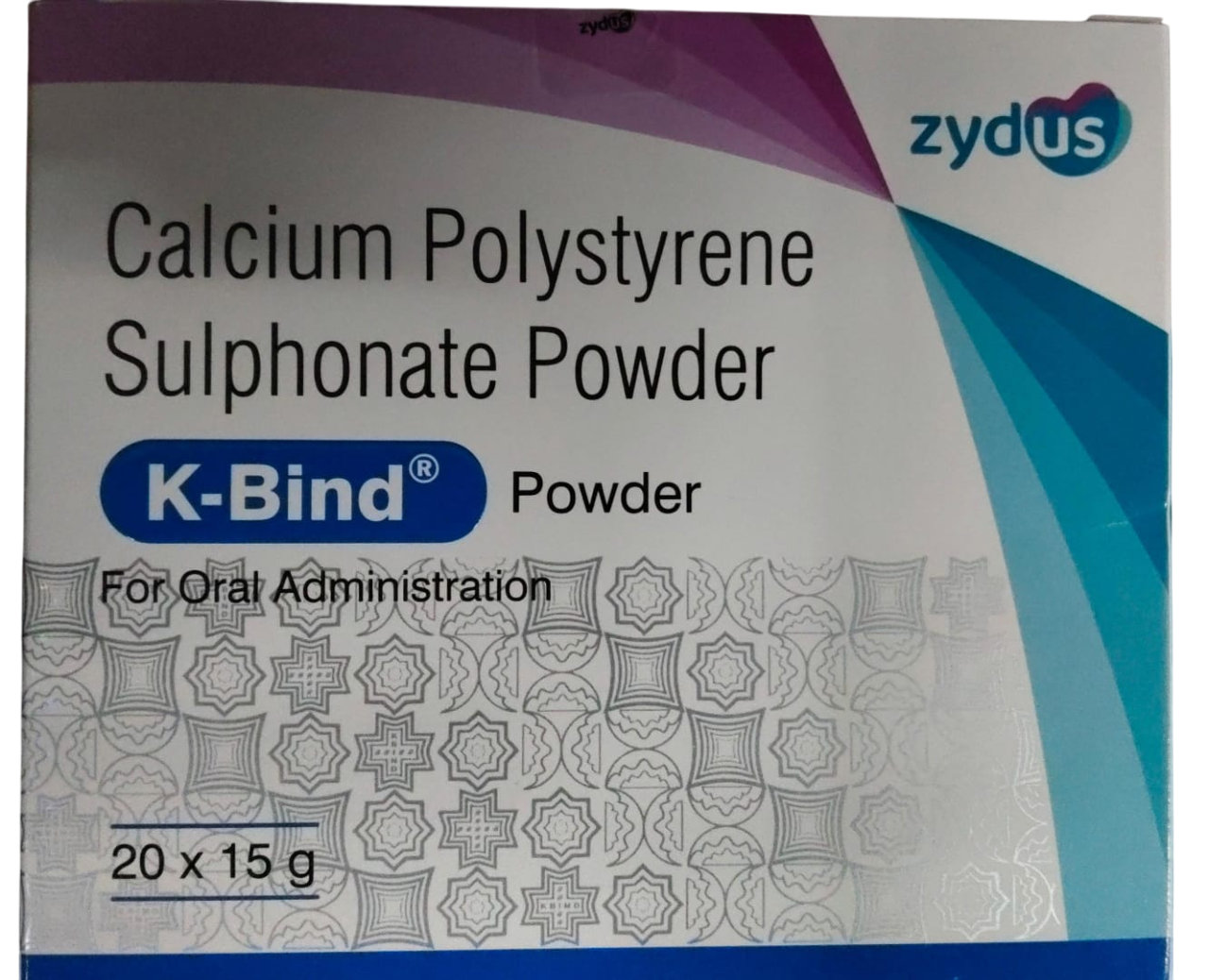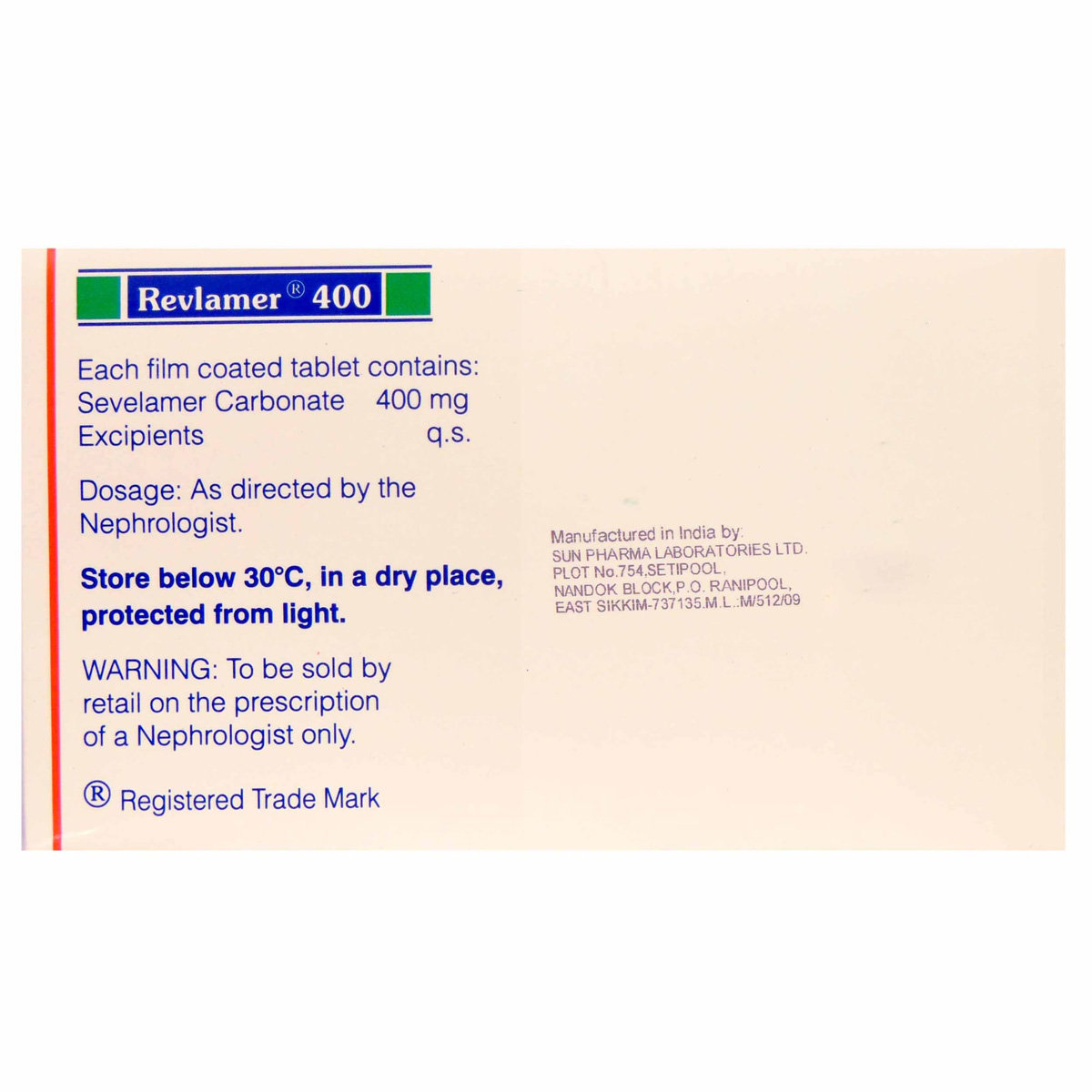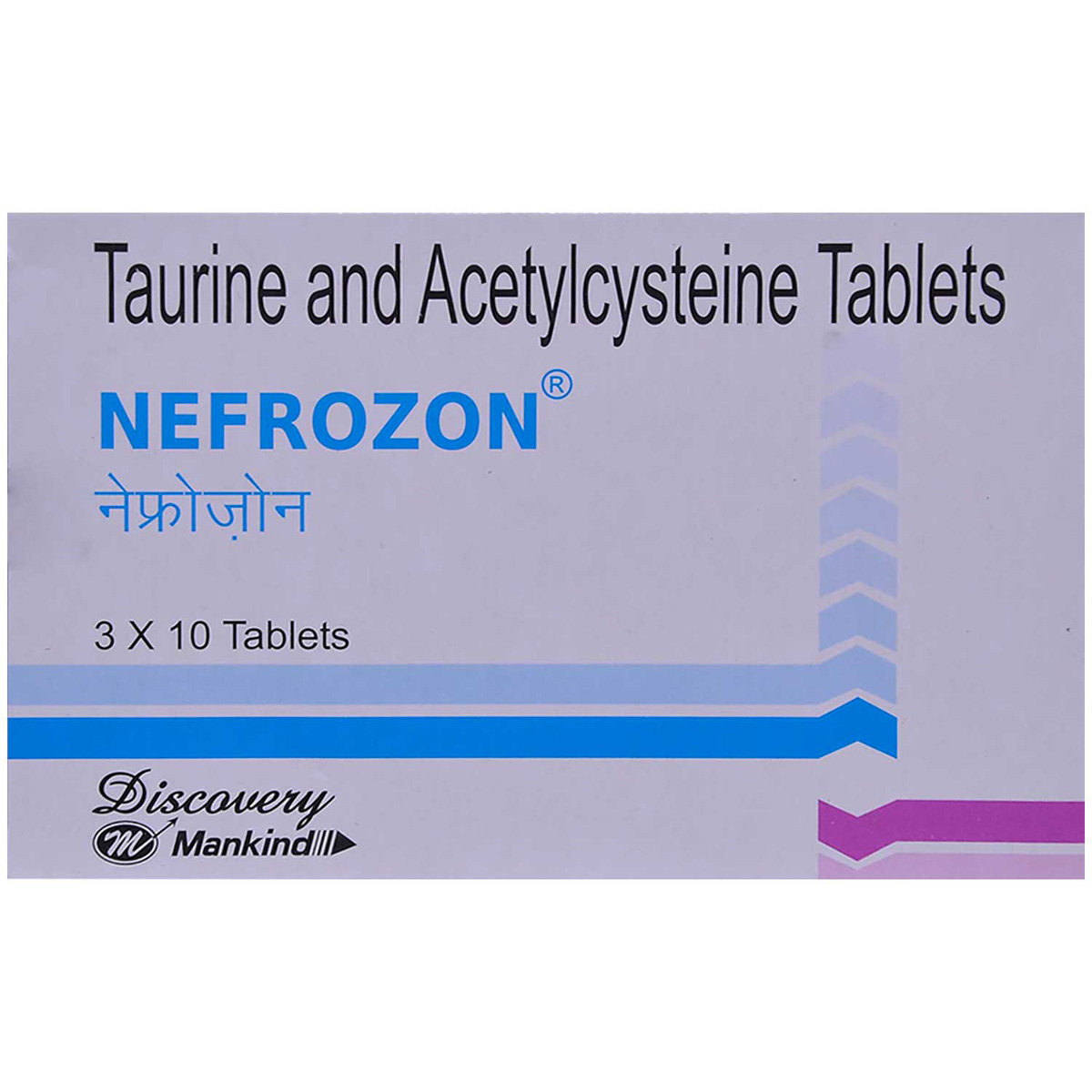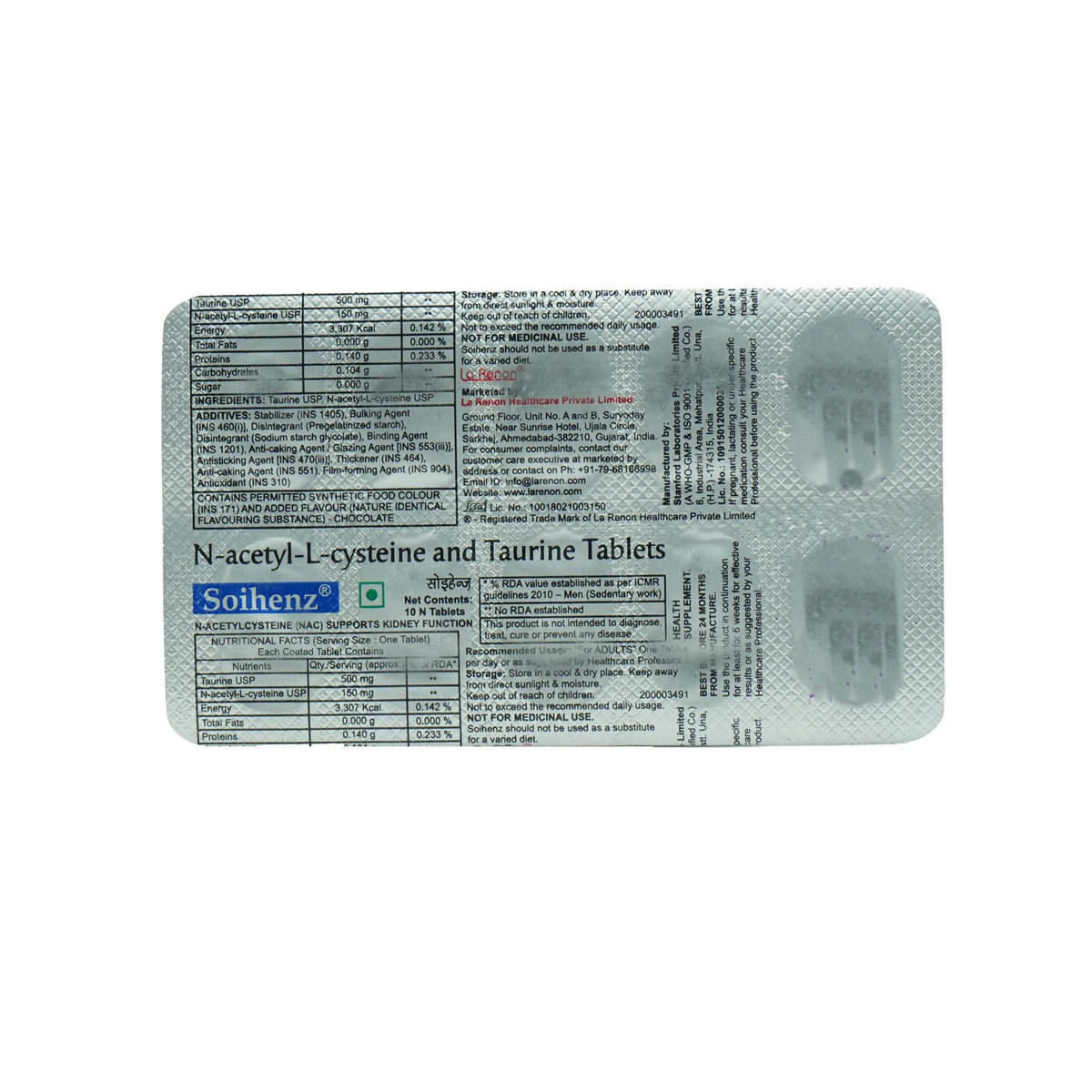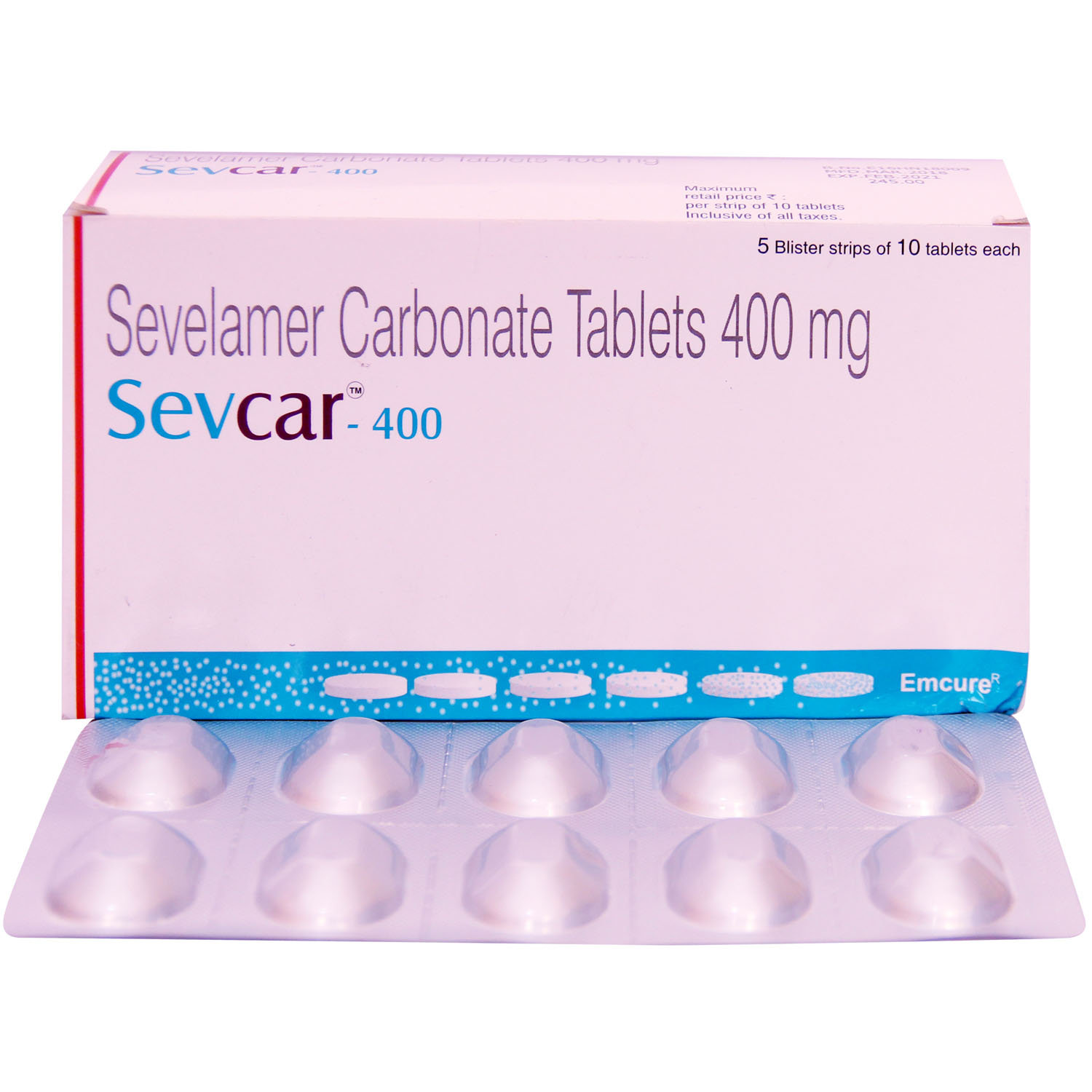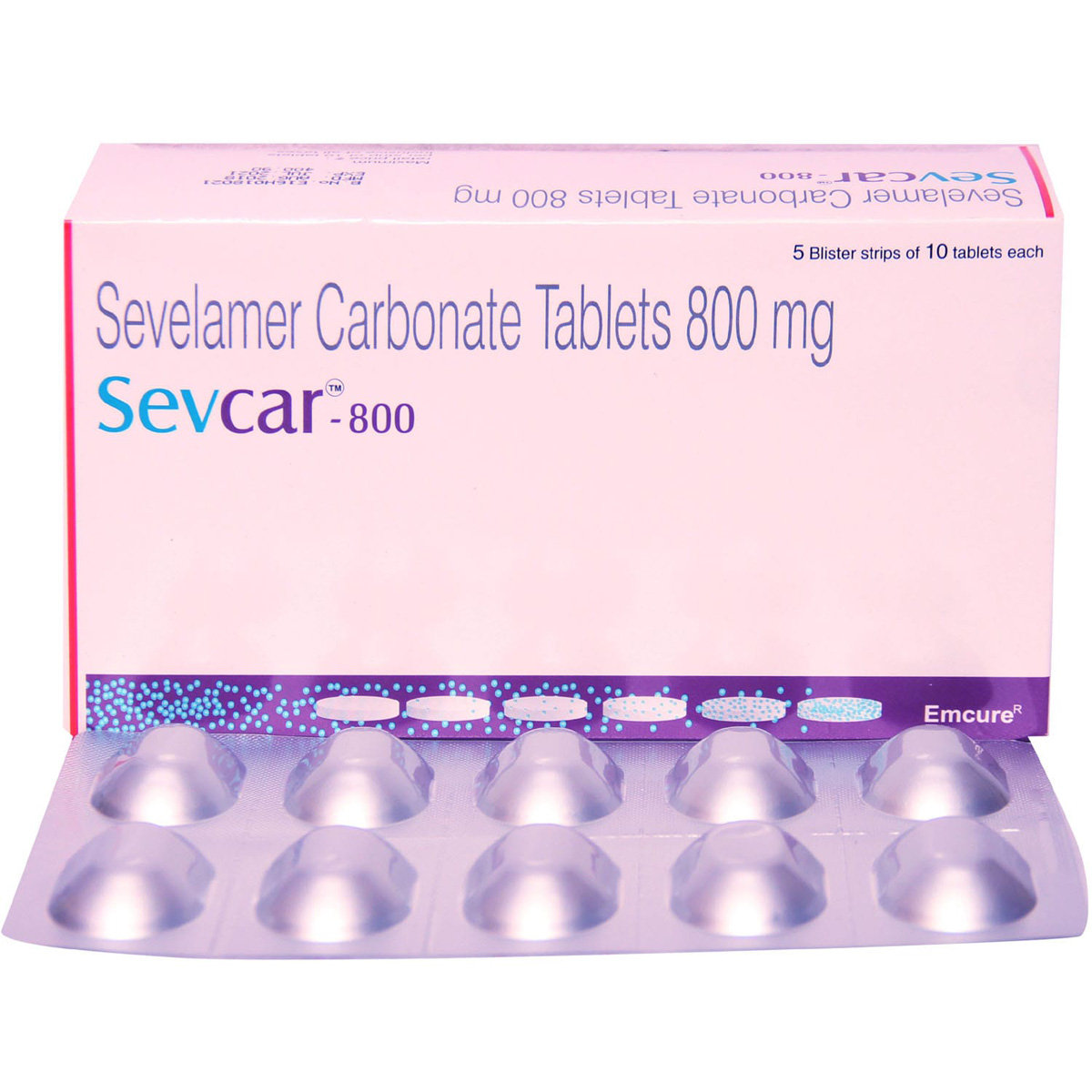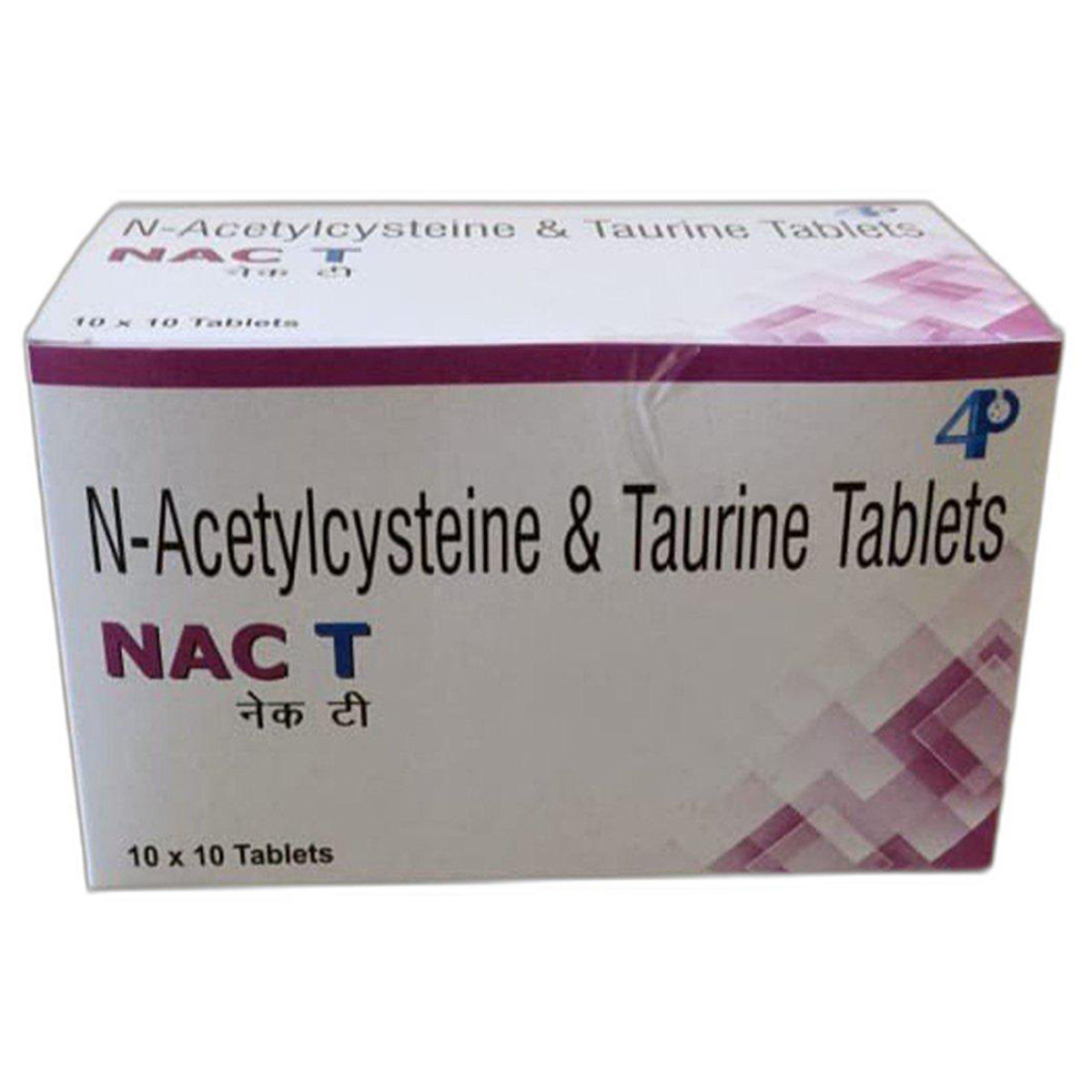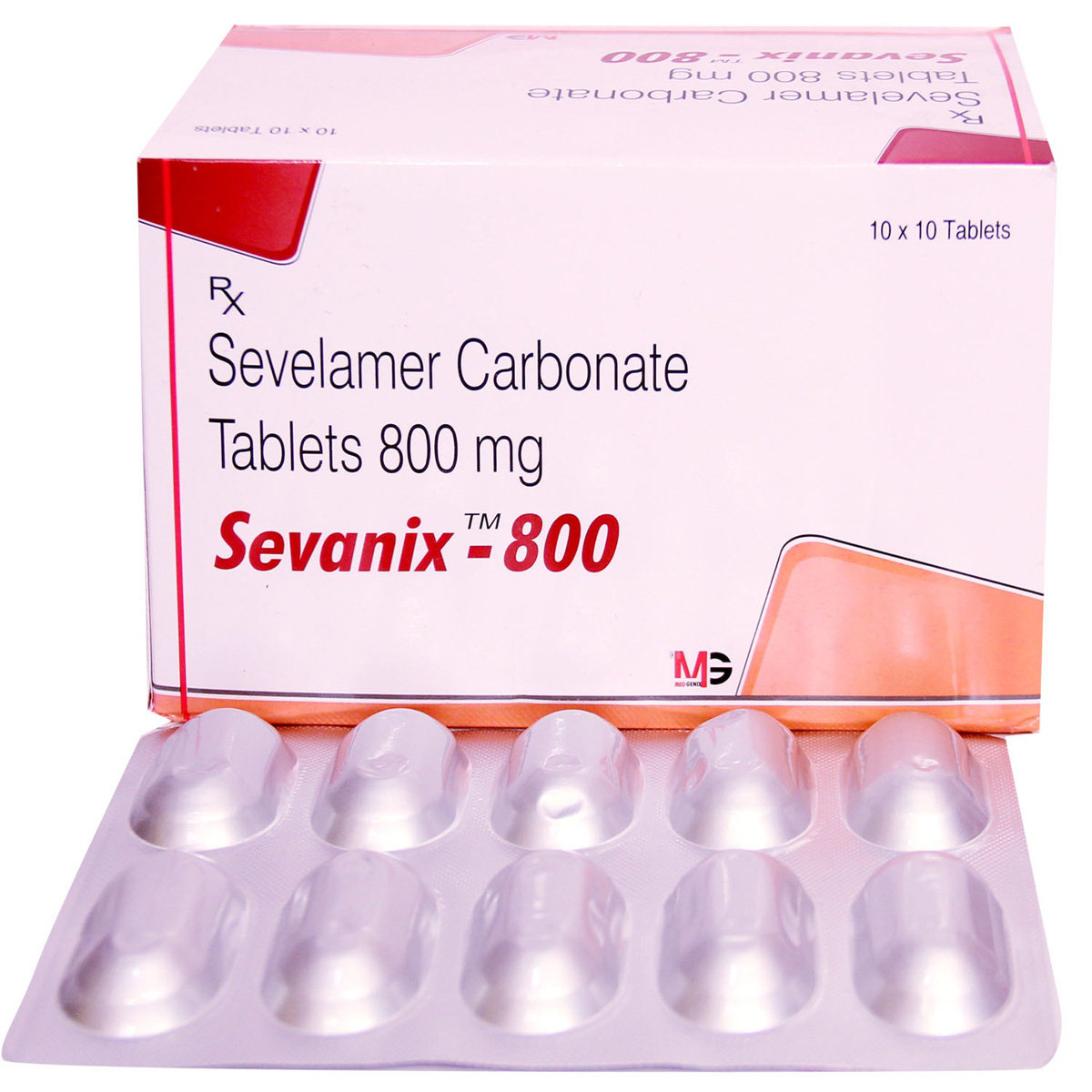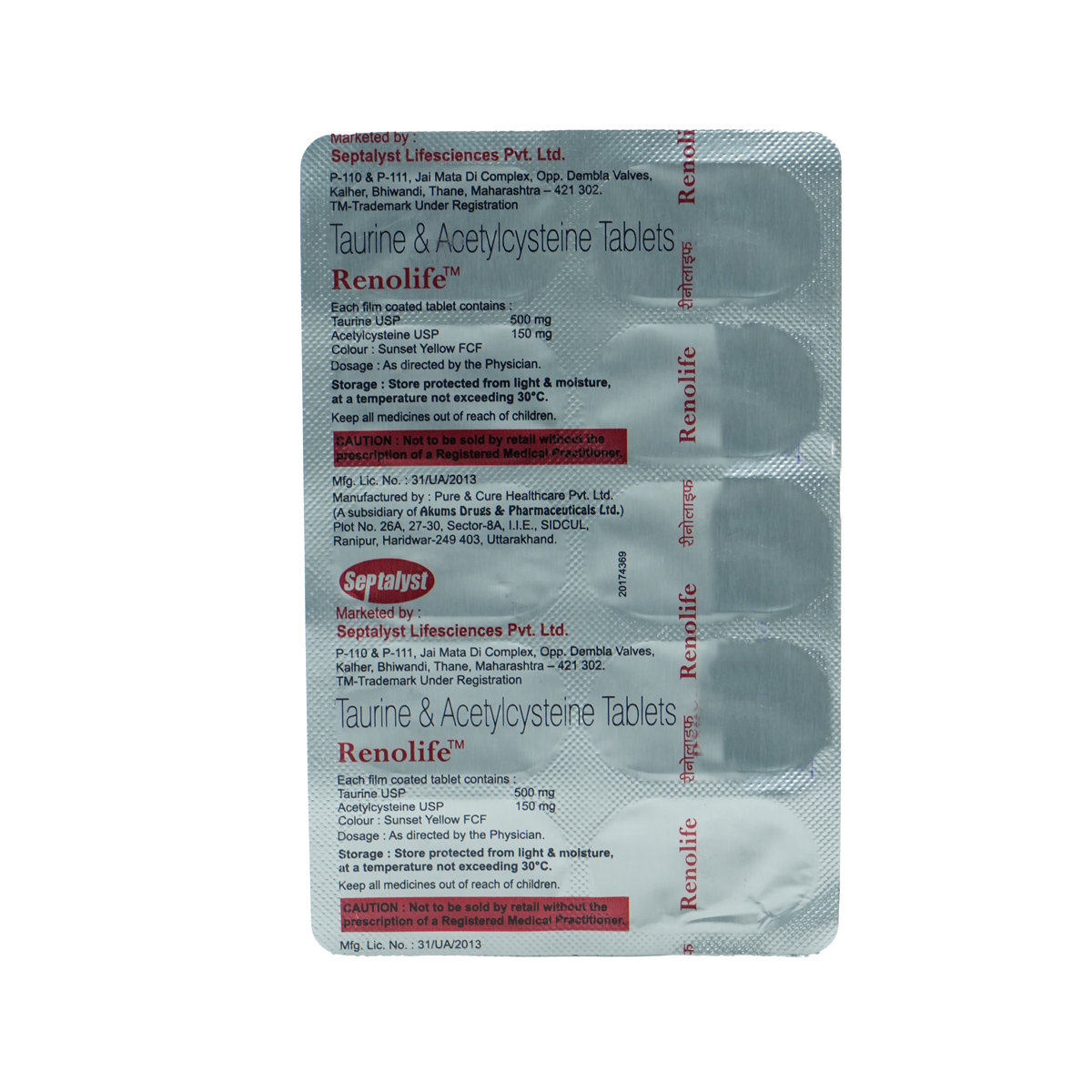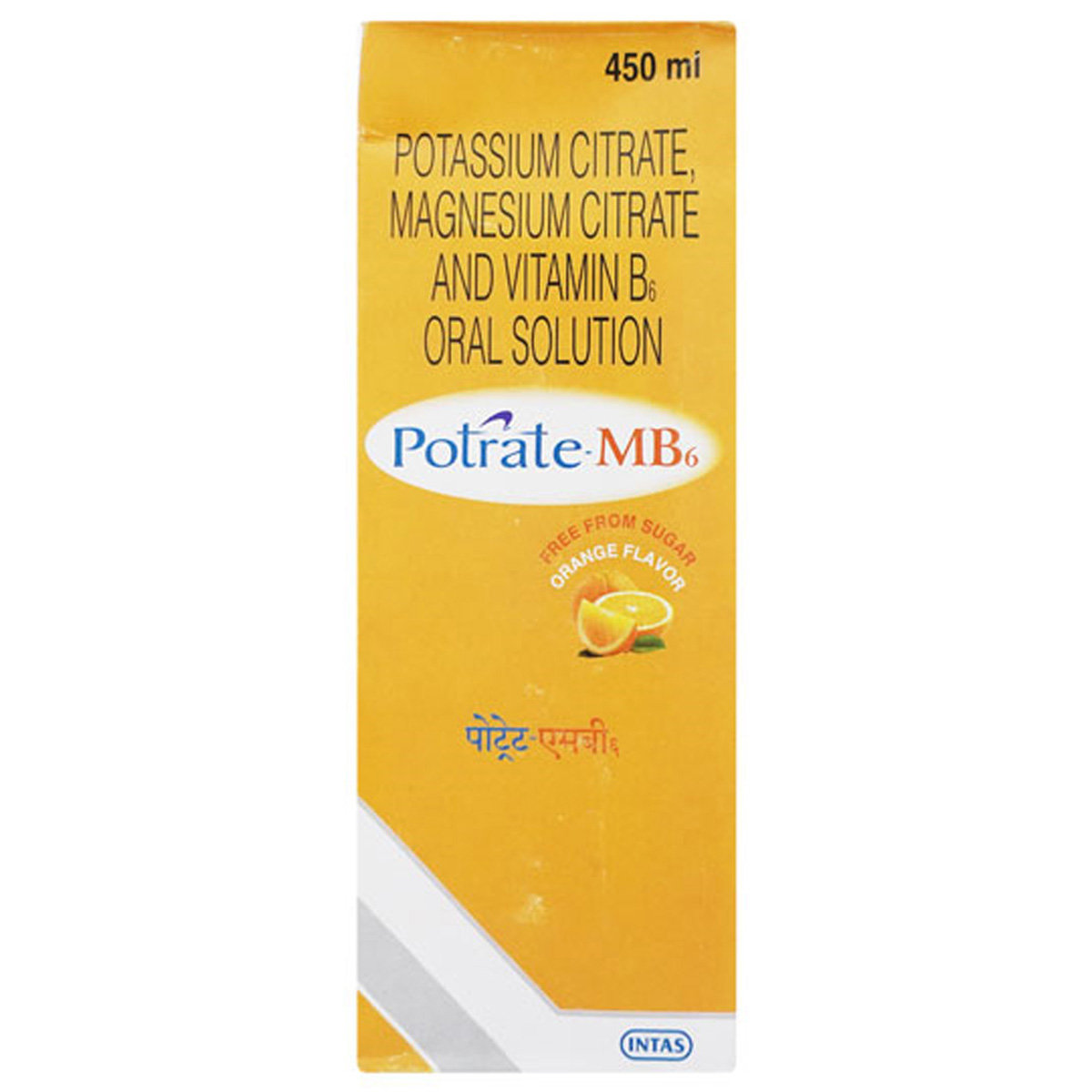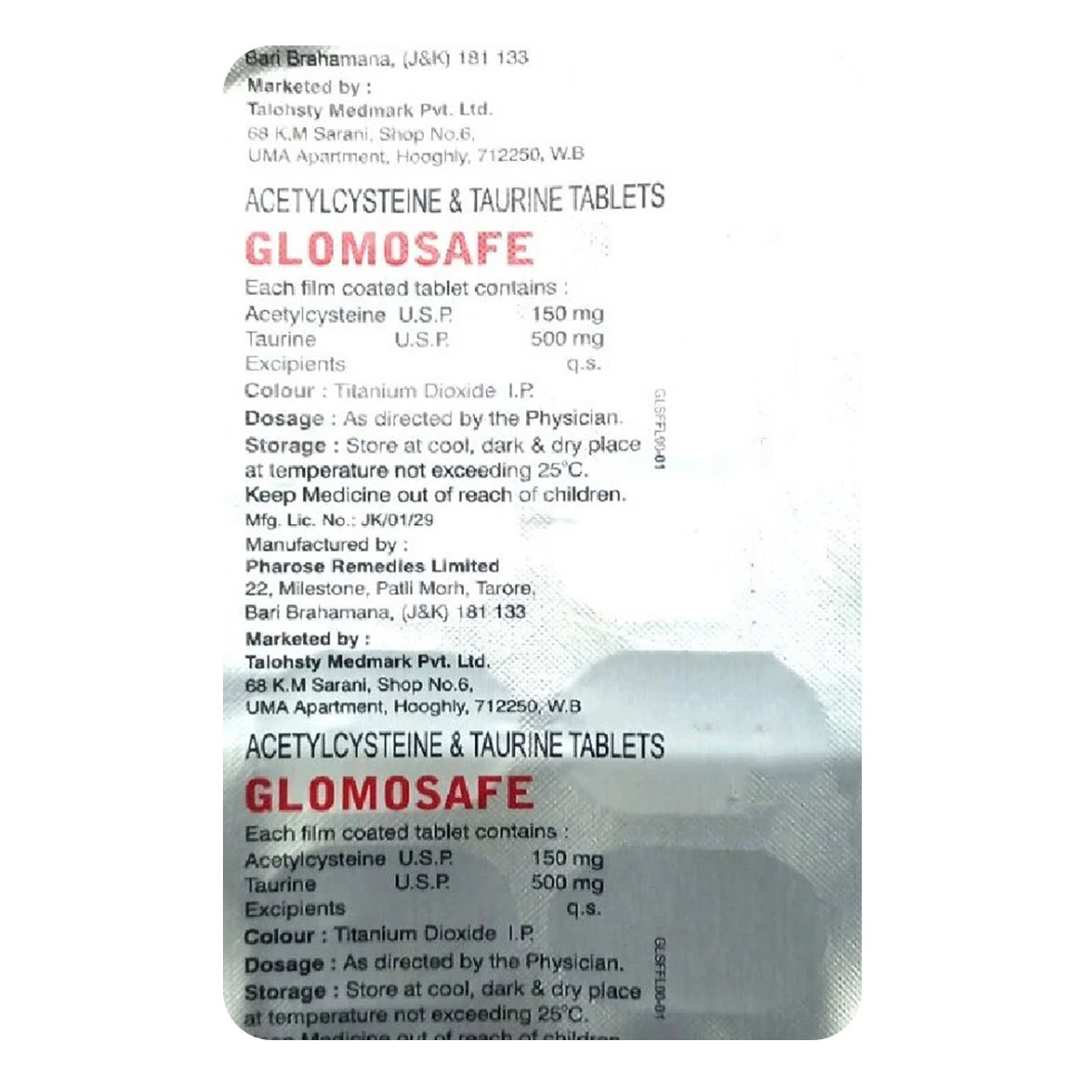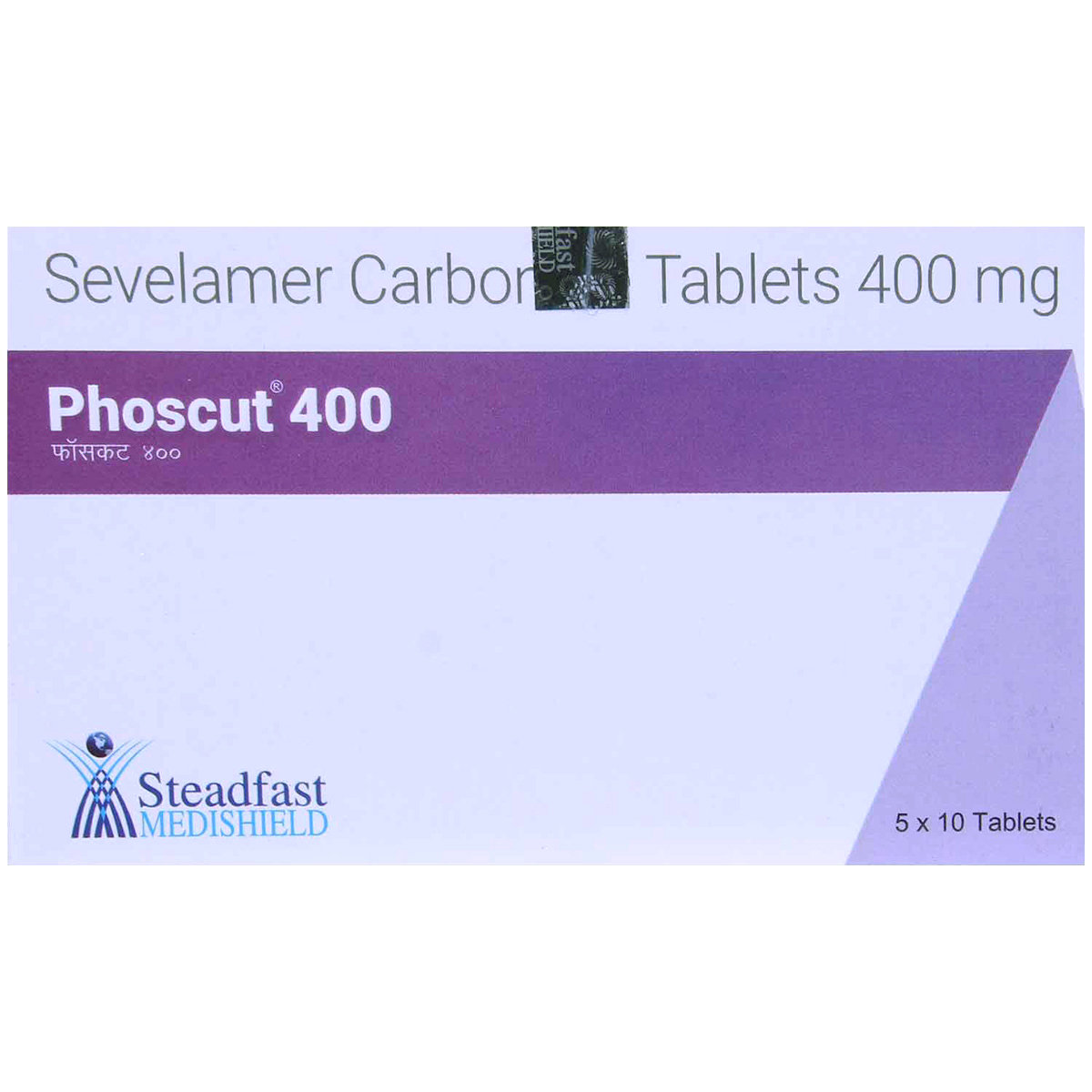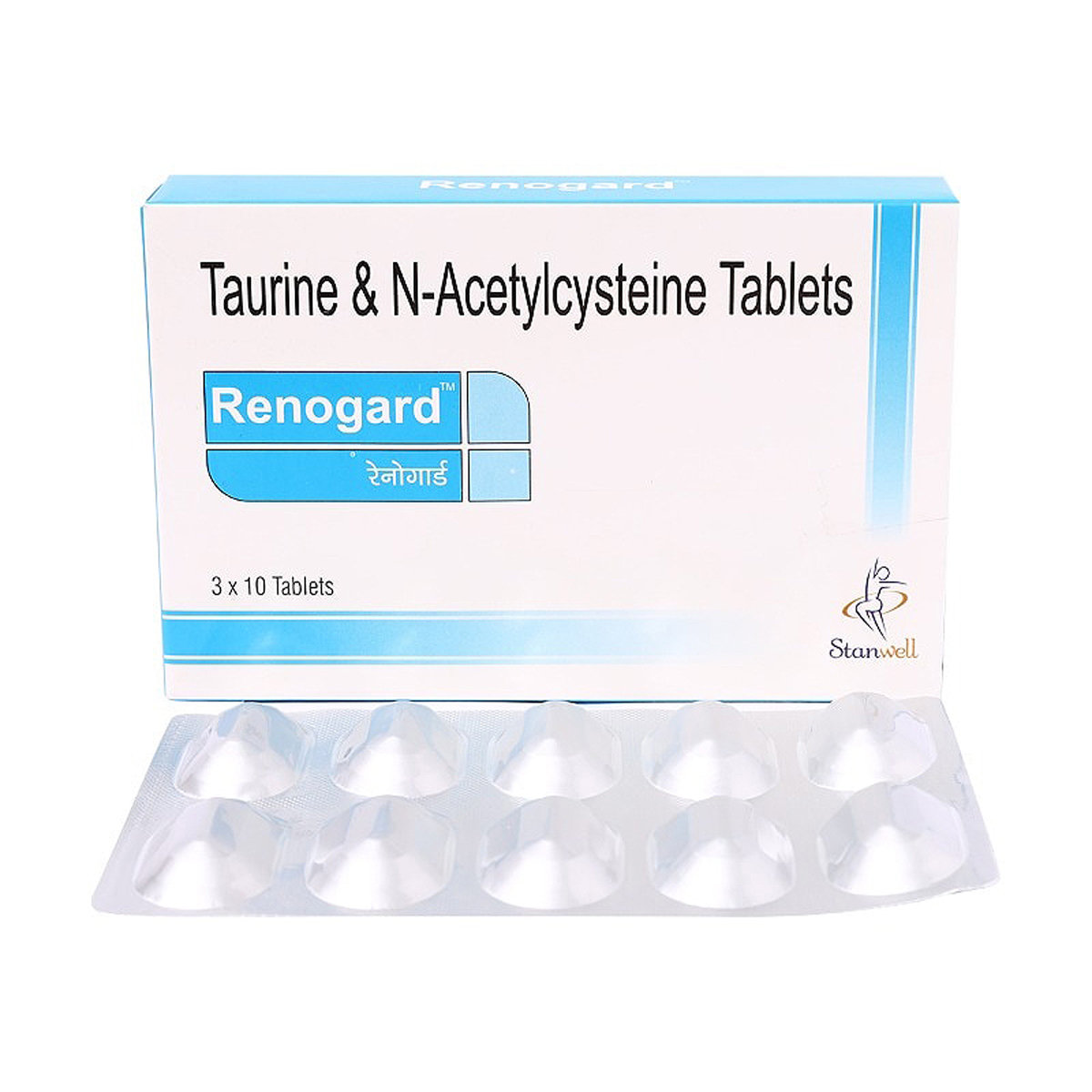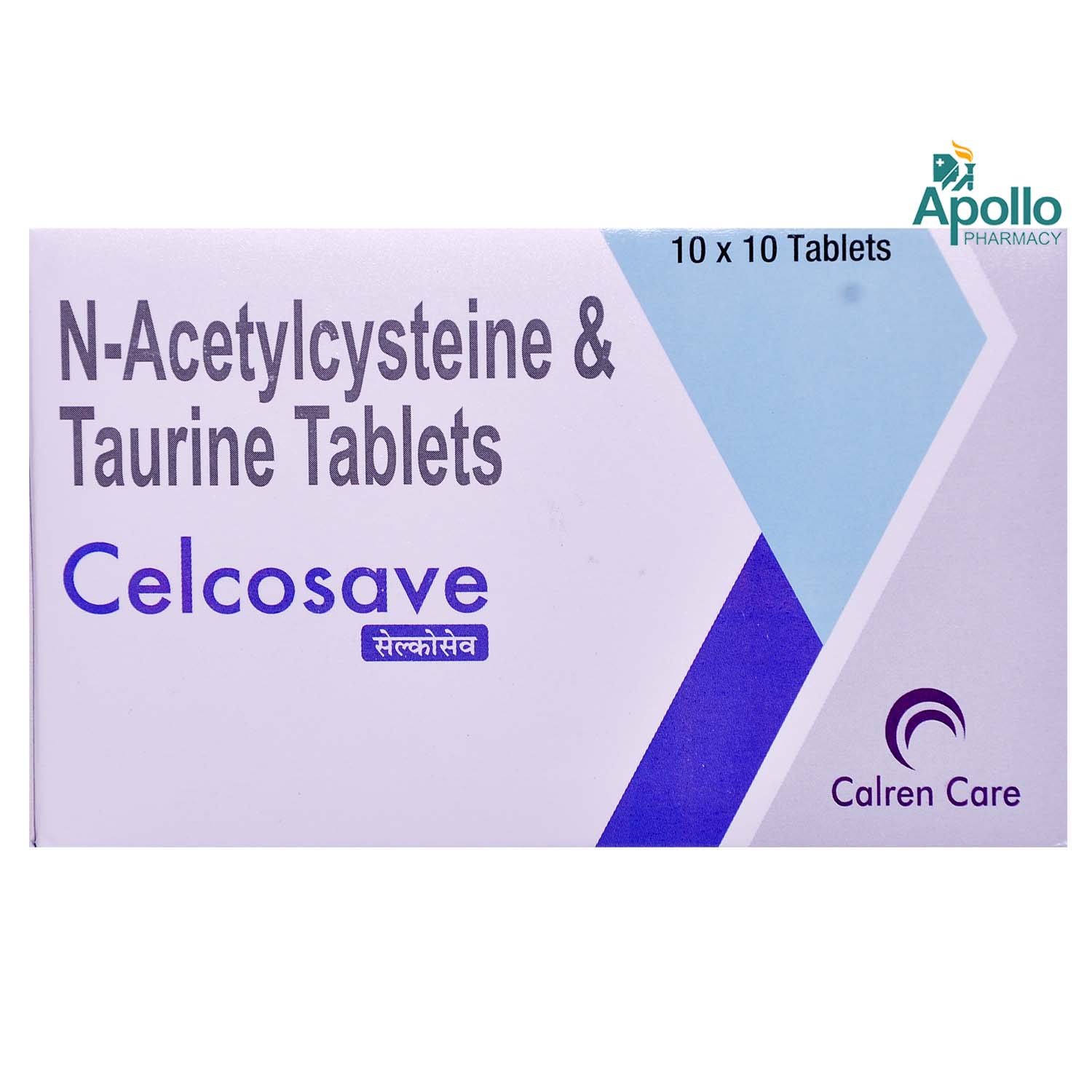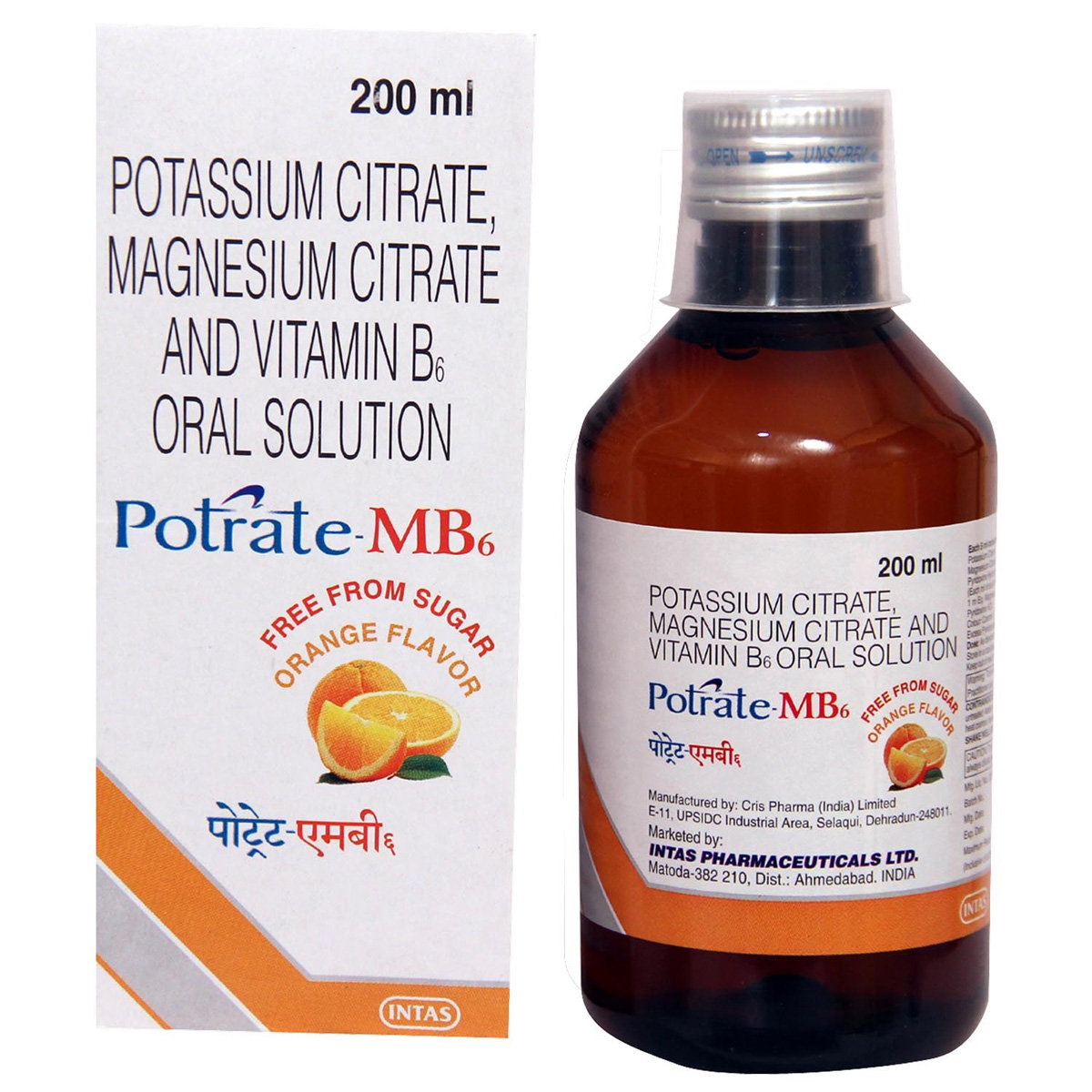- Home
- Health Condition
Medicine For Kidney Health
Medicine For Kidney Health
- Total Items (304)
 RX
RXNefrosave Tablet 15's
₹238.50
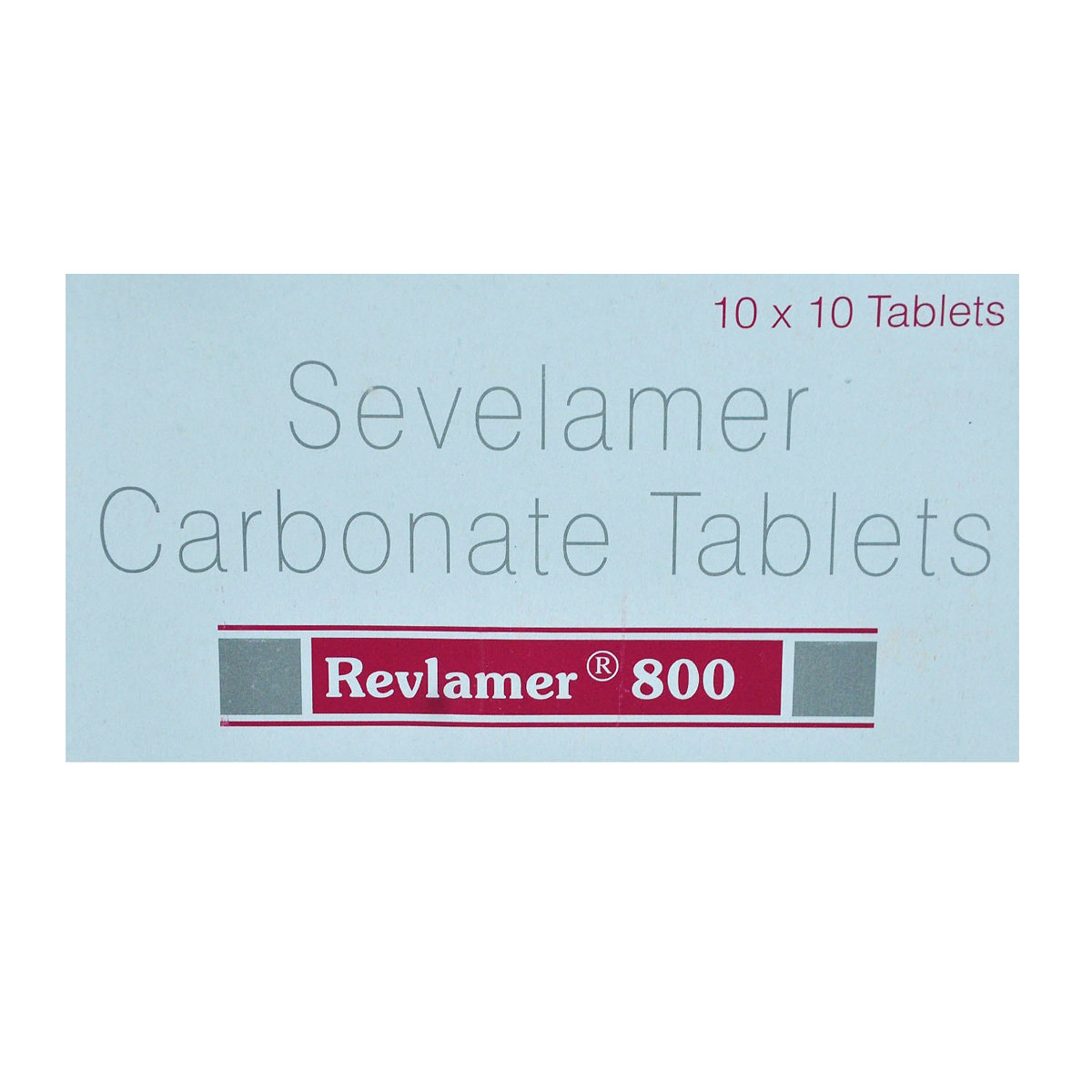 RX
RXRevlamer 800 Tablet 10's
₹228.50
 RX
RXRenosave Tablet 10's
₹154.50
 RX
RXK-Bind 15G Suspension 60 ml
₹168.50
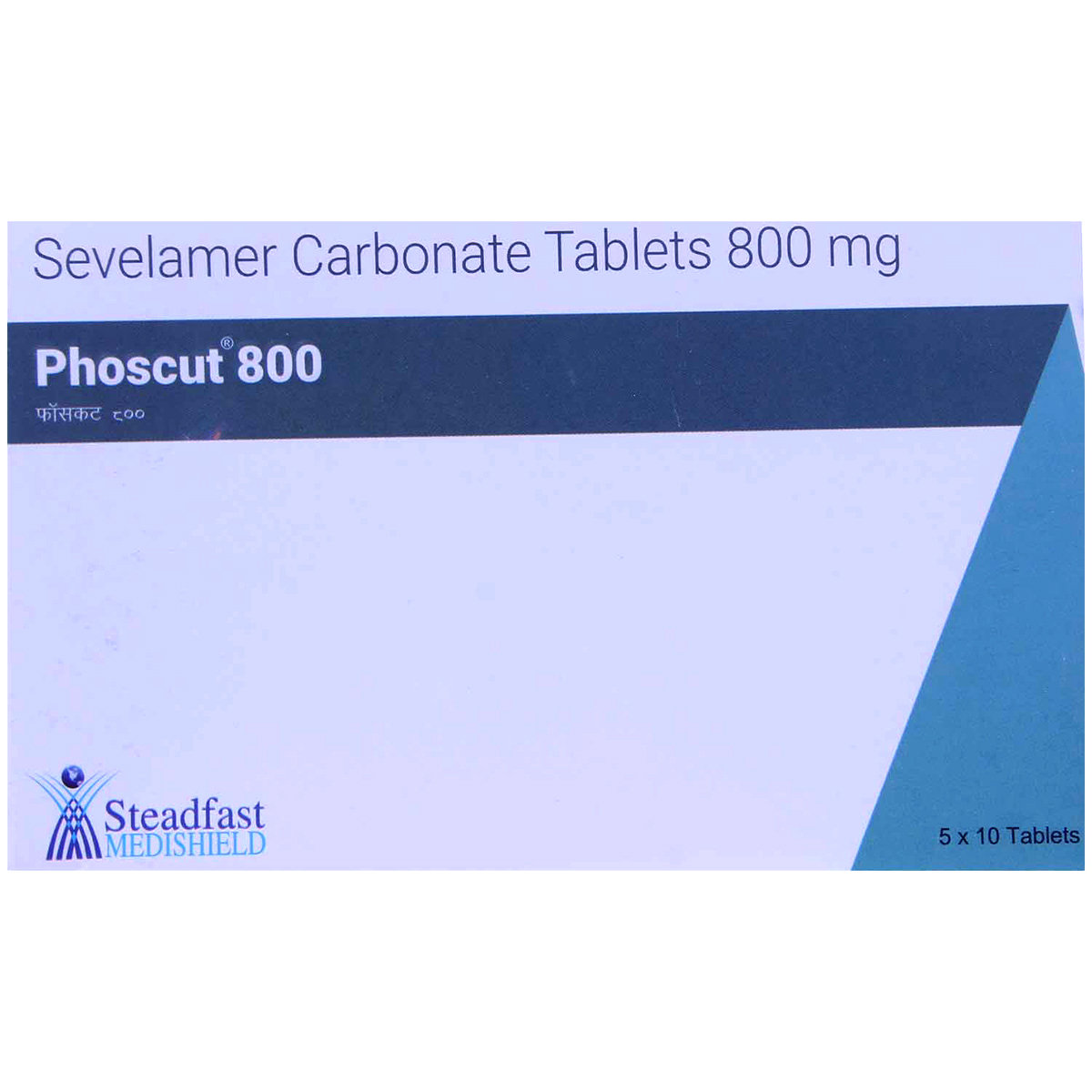 RX
RXPhoscut 800 Tablet 10's
₹168.50
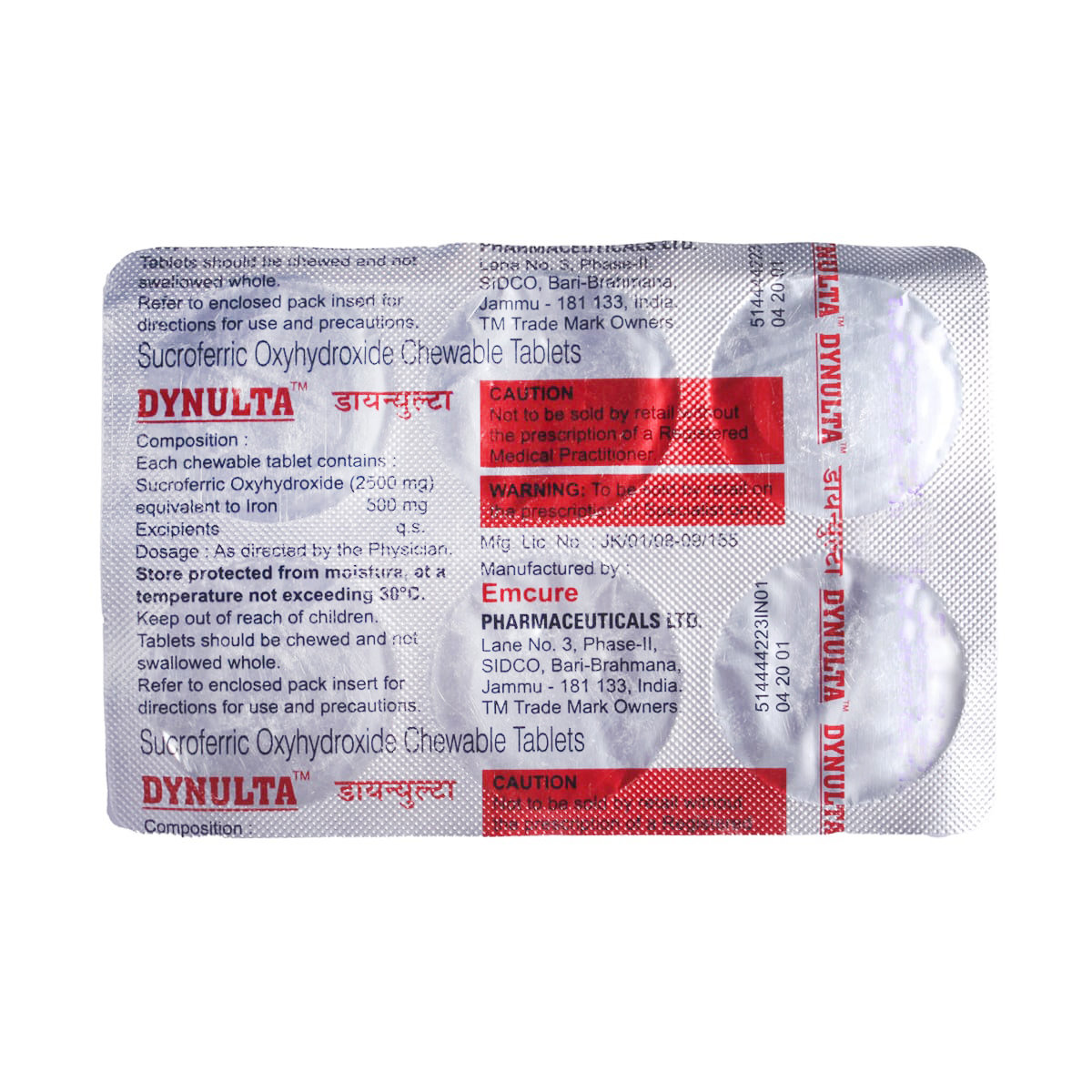 RX
RXDynulta Tablet 6's
₹316.50
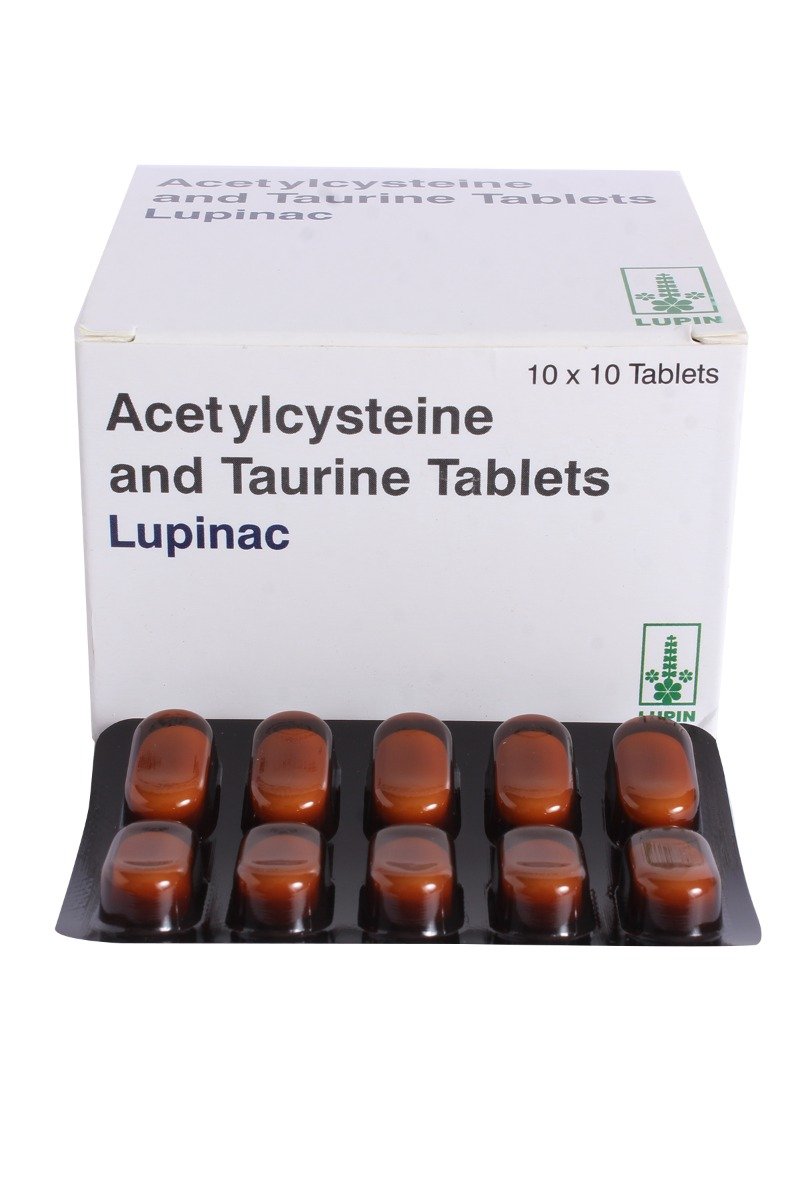 RX
RXLupinac Tablet 10's
₹183.50
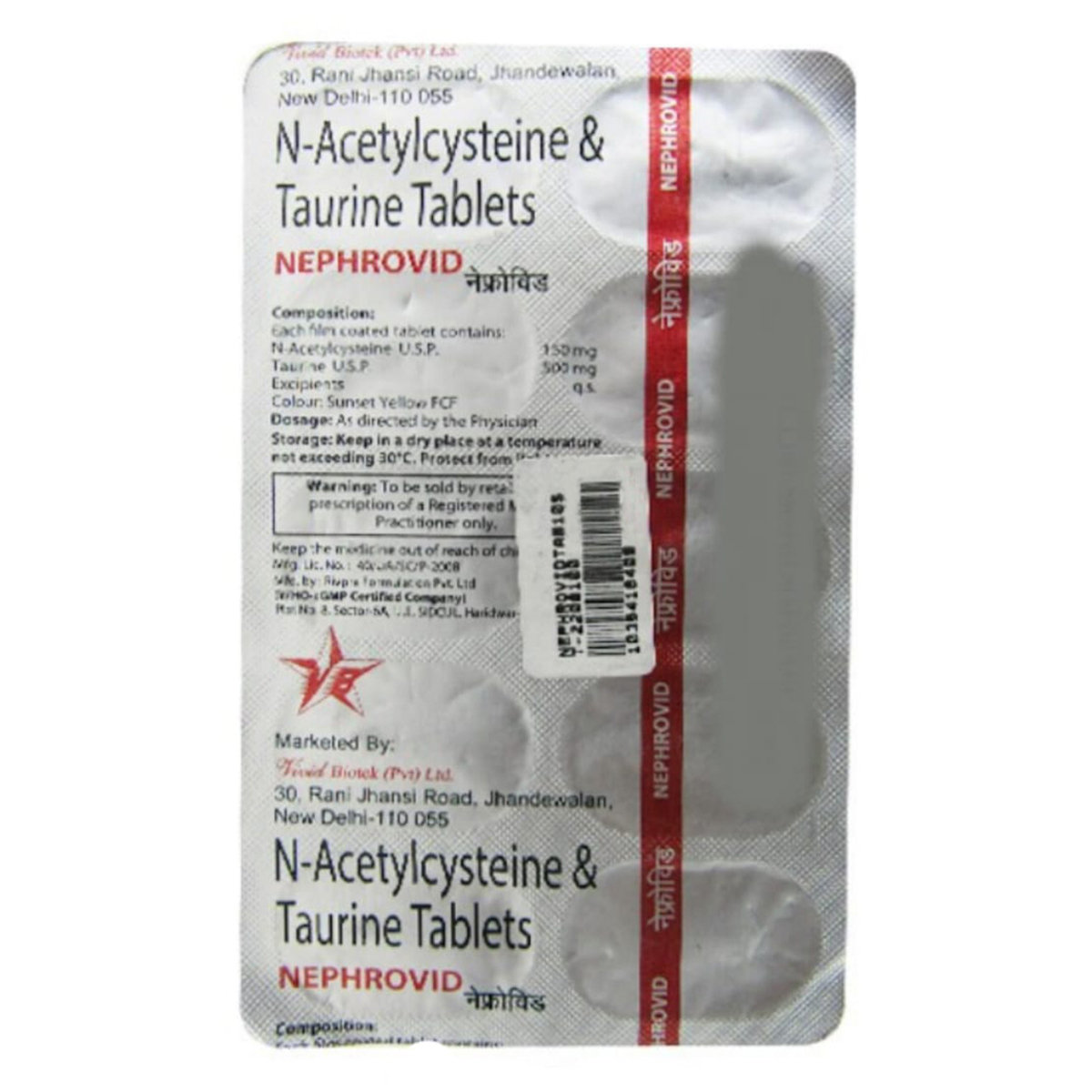 RX
RXNephrovid Tablet 10's
₹154.50
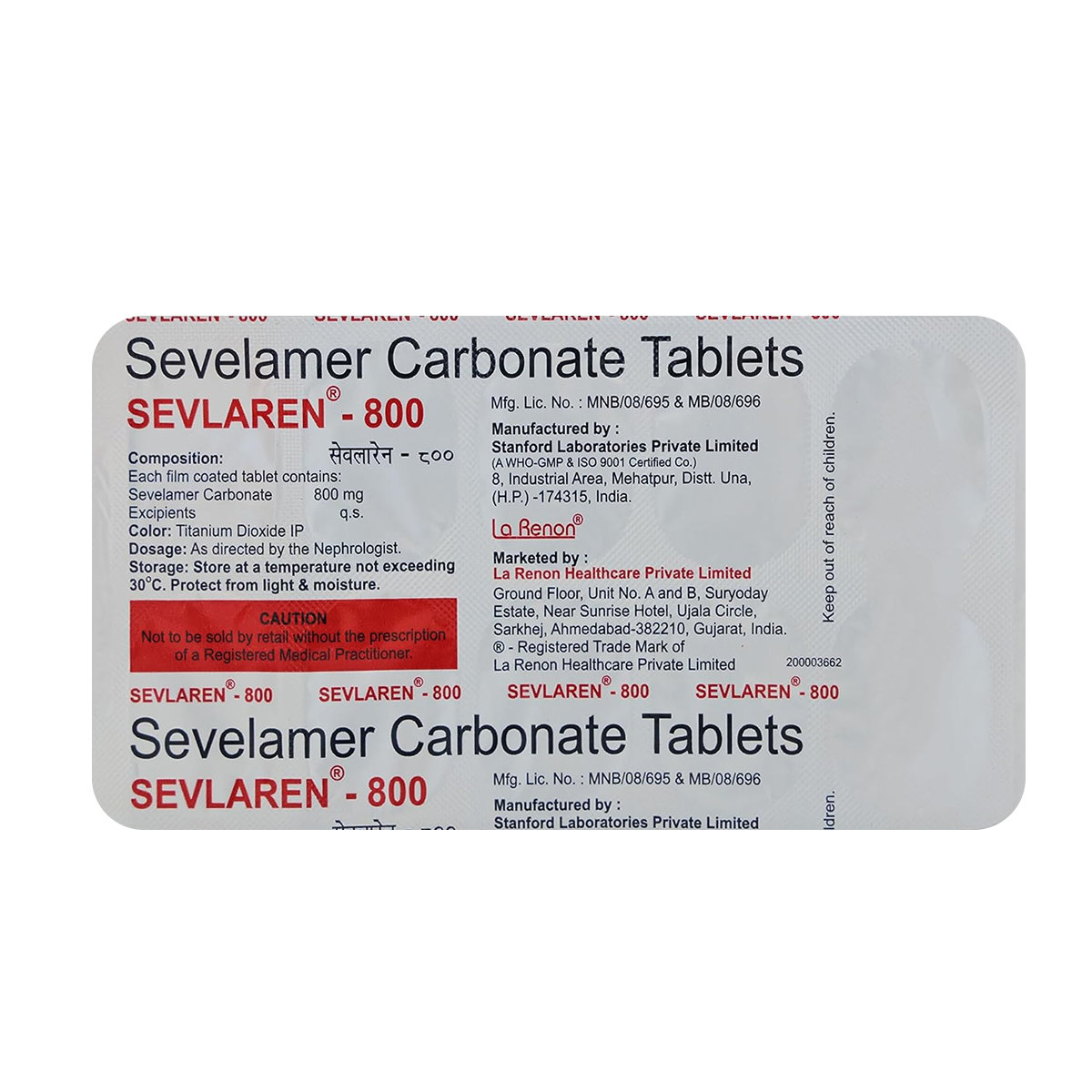 RX
RXSevlaren-800 Tablet 10's
₹466.50
Medicine for Kidney Health
Maintaining kidney health is crucial for overall well-being, as the kidneys perform vital functions such as filtering waste and excess fluids from the blood, regulating blood pressure, and maintaining electrolyte balance. Various conditions, including chronic kidney disease (CKD), kidney stones, and infections, can affect kidney health. Medications play a significant role in managing these conditions and promoting kidney health.
Types of Medicine for Kidney Health
There are several types of medications used to support kidney health and manage kidney-related conditions. These medications aim to control symptoms, slow disease progression, and improve kidney function.
1.Angiotensin-converting enzyme (ACE) Inhibitors
ACE inhibitors help relax blood vessels, lower blood pressure, and reduce proteinuria (excess protein in the urine). These effects help protect the kidneys from damage and slow the progression of chronic kidney disease (CKD).
Examples: Lisinopril, Enalapril, Ramipril
2.Angiotensin II Receptor Blockers (ARBs)
ARBs work similarly to ACE inhibitors by relaxing blood vessels and lowering blood pressure. They are often used as an alternative for patients who cannot tolerate ACE inhibitors. ARBs also help reduce proteinuria and protect kidney function.
Examples: Losartan, Valsartan, Irbesartan
3.Diuretics
Diuretics, also known as water pills, help the kidneys remove excess fluid and salt from the body, reducing blood pressure and swelling. They are commonly used to manage conditions like hypertension and oedema, which can affect kidney health.
Examples: Furosemide, Hydrochlorothiazide, Spironolactone
4.Phosphate Binders
Phosphate binders are used to manage high phosphate levels in patients with chronic kidney disease. They work by binding to phosphate in the digestive tract, preventing its absorption into the bloodstream, which helps maintain healthy phosphate levels and prevents bone and cardiovascular complications.
Examples: Calcium Acetate, Sevelamer, Lanthanum Carbonate
5.Erythropoiesis-stimulating agents (ESAs)
ESAs stimulate the production of red blood cells in patients with anaemia due to chronic kidney disease. These medications help improve energy levels, reduce fatigue, and decrease the need for blood transfusions.
Examples: Epoetin Alfa, Darbepoetin Alfa, Methoxy Polyethylene Glycol-Epoetin Beta
6.Potassium Binders
Potassium binders are used to manage hyperkalemia (high potassium levels) in patients with kidney disease. They help remove excess potassium from the body through the digestive tract, preventing dangerous levels of potassium that can affect heart function.
Examples: Sodium Polystyrene Sulfonate, Patiromer, Sodium Zirconium Cyclosilicate
7.Sodium-glucose Co-Transporter 2 (SGLT2) Inhibitors
SGLT2 inhibitors are used to manage blood sugar levels in patients with diabetes and chronic kidney disease. They help reduce the risk of kidney disease progression by lowering blood sugar, reducing blood pressure, and promoting weight loss.
Examples: Dapagliflozin, Canagliflozin, Empagliflozin
8.Calcimimetics
Calcimimetics is used to manage secondary hyperparathyroidism in patients with chronic kidney disease. They help reduce parathyroid hormone (PTH) levels, which can improve calcium and phosphate balance and reduce the risk of bone disease.
Examples: Cinacalcet, Etelcalcetide
Benefits of Using Medicine for Kidney Health
Medicine for kidney health offers several benefits, making them essential for managing kidney-related conditions and promoting overall well-being:
- Protection of Kidney Function: ACE inhibitors and ARBs help protect the kidneys by reducing blood pressure and proteinuria, slowing the progression of kidney disease.
- Fluid and Electrolyte Balance: Diuretics help maintain fluid and electrolyte balance by removing excess fluid and salt from the body, reducing blood pressure and swelling.
- Management of Anemia: Erythropoiesis-stimulating agents (ESAs) improve red blood cell production, helping manage anaemia and increasing energy levels in patients with chronic kidney disease.
- Control of Phosphate Levels: Phosphate binders help control high phosphate levels in patients with chronic kidney disease, reducing the risk of bone and cardiovascular complications.
- Regulation of Potassium Levels: Potassium binders help manage hyperkalemia, preventing dangerous levels of potassium in the blood, which can affect heart function.
- Blood Sugar Management: Sodium-Glucose Co-Transporter 2 (SGLT2) Inhibitors help reduce the risk of kidney disease progression by managing blood sugar levels and reducing blood pressure.
- Management of Secondary Hyperparathyroidism: Calcimimetics help manage secondary hyperparathyroidism by reducing parathyroid hormone (PTH) levels, improving calcium and phosphate balance, and reducing the risk of bone disease associated with chronic kidney disease.
Dosage and Usage Instructions of Medicine for Kidney Health
Proper dosage and usage instructions are crucial for the effectiveness of medicine for kidney health. Always follow your doctor’s instructions and read the label for safety and usage guidelines. Here are general guidelines for the dosage and usage of common medicine for kidney health:
1.ACE Inhibitors (Lisinopril, Enalapril)
- Dosage: Typically taken orally once a day. The dosage may vary based on the patient's condition and response to treatment.
- Usage: Take with or without food. Regular monitoring of blood pressure and kidney function is essential.
2.ARBs (Losartan, Valsartan)
- Dosage: Usually taken orally once a day. The dosage may be adjusted based on the patient's condition and response.
- Usage: Can be taken with or without food. Regular monitoring of blood pressure and kidney function is recommended.
3.Diuretics (Furosemide, Hydrochlorothiazide)
- Dosage: The dosage varies based on the specific diuretic and the patient's condition. Typically taken once or twice a day.
- Usage: Take with or without food. It is important to monitor electrolyte levels and kidney function regularly.
4.Phosphate Binders (Calcium Acetate, Sevelamer)
- Dosage: Take it with meals to bind phosphate from food. The dosage may vary based on phosphate levels.
- Usage: Follow the prescribed dosage and take it with meals. Regular monitoring of phosphate levels is necessary.
5.Erythropoie6.sis-stimulating agents (Epoetin Alfa, Darbepoetin Alfa)
- Dosage: Administered via injection. The dosage and frequency depend on the patient's haemoglobin levels and response to treatment.
- Usage: Follow the healthcare provider's instructions for injection and dosage. Regular monitoring of haemoglobin levels is required.
6.Potassium Binders (Sodium Polystyrene Sulfonate, Patiromer)
- Dosage: The dosage varies based on potassium levels and the specific binder. Typically taken orally or rectally.
- Usage: Follow the prescribed dosage and instructions. Regular monitoring of potassium levels is important.
7.Sodium-Glucose Co-Transporter 2 (SGLT2) Inhibitors (Dapagliflozin, Canagliflozin)
- Dosage: Typically taken orally once a day. The dosage may vary based on the patient's condition and response.
- Usage: Take with or without food. Regular monitoring of blood sugar, blood pressure, and kidney function is recommended.
8.Calcimimetics (Cinacalcet, Etelcalcetide)
- Dosage: Typically taken orally or administered via injection. The dosage and frequency depend on the patient's parathyroid hormone (PTH) levels and response to treatment.
- Usage: Follow the healthcare provider's instructions for dosage and administration. Regular monitoring of PTH, calcium, and phosphate levels is required.
Where Can You Order Medicine for Kidney Health Online?
You can easily order medicine for kidney health from Apollo 24|7 through their website or mobile app. Apollo 24|7 offers all the necessary medicines, including ACE inhibitors, ARBs, diuretics, phosphate binders, erythropoiesis-stimulating agents, and potassium binders. With trusted brands and reliable delivery, you can conveniently have the necessary medications delivered to your doorstep. Additionally, Apollo 24|7 provides access to expert advice and doctor appointments, ensuring you receive personalised treatment plans for the effective management of kidney health.
Frequently asked questions
Common kidney health issues include chronic kidney disease (CKD), kidney stones, kidney infections, and acute kidney injury. These conditions can affect kidney function and overall health.
ACE inhibitors and ARBs help relax blood vessels and reduce blood pressure, which decreases the strain on the kidneys. They also reduce proteinuria, protecting the kidneys from further damage.
Medications cannot cure kidney disease but can help manage symptoms, slow disease progression, and improve quality of life. Early detection and proper management are crucial for preventing further kidney damage.
Potential side effects vary based on the medication. Common side effects include dizziness, fatigue, electrolyte imbalances, and gastrointestinal issues. Always consult your healthcare provider for personalised advice and to manage any side effects.
Maintaining a healthy diet, staying hydrated, exercising regularly, and avoiding excessive use of pain relievers can support kidney health. Monitoring blood pressure and blood sugar levels is also important for preventing kidney damage.

